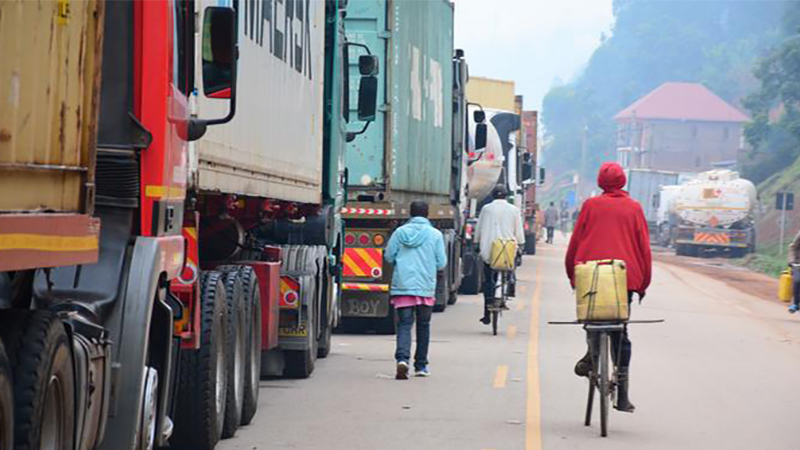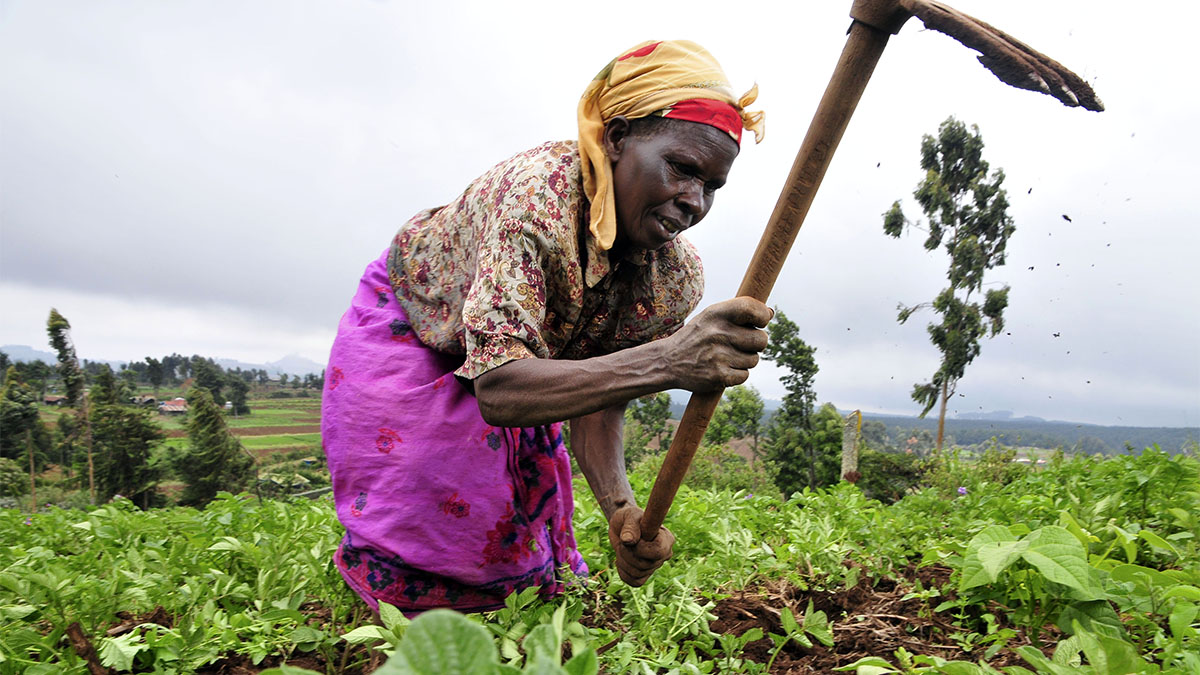Rwanda is one of a small number of African countries moving from the implementation of a National Vision 2020 to a new Vision 2050, which aims at achieving high standards of living for the population and puts emphasis on achieving high and sustained economic growth, high per capita income, modernization and structural transformation. Thus, it is in concordance with the United Nations 2030 Agenda for Sustainable Development and the Sustainable Development Goals (SDGs), the East African Community Vision 2050 and the African Agenda 2063.
Despite the remarkable economic progress and demonstrated commitment by the Government, Rwanda still faces many challenges in building productive capacities and structurally transforming the economy.
Some of the challenges include: a lack of access to and the high cost of finance; a lack of access to affordable energy; a lack of skilled workers; vulnerability to external economic shocks; a shortage of raw materials; limited transformation and improvement in the quality of governance using information and communications technologies (ICTs); and a limited skills mix, which partly explain the country’s underperformance in priority productive capacities.
Building on the recent socio-economic performance of Rwanda, the national workshop will discuss the role of productive capacities and structural economic transformation. It will examine how productive capacities and structural transformation can best be placed at the center of national policies and strategies. The workshop will also validate the Productive Capacities Index (PCI) for Rwanda and the national report prepared by UNCTAD.
Specific issues to be addressed during the national workshop include:
a) Levels of productive capacities in Rwanda and other developing countries;
b) Challenges of economic diversification and the implications of increased export concentration for fostering productive capacities and structural economic transformation in Rwanda;
c) The role of transport, trade facilitation and trade logistics in improving the export competitiveness of Rwanda; and
d) Successful experiences and best practices in policy formulation and implementation for productive capacities and structural economic transformation with implications for Rwanda.

Ministry of Trade and Industry
For more information on UNCTAD's work, please see: http://www.unctad.org/ALDC.
Related
Topic
 Landlocked developing countries
Landlocked developing countries
 Least developed countries
Least developed countries
Programme
Project
Contact
Mr. Mussie Delelegn
Mussie.Delelegn@un.org
Mr. Moritz Meier-Ewert
Moritz.Meier-Ewert@un.org



